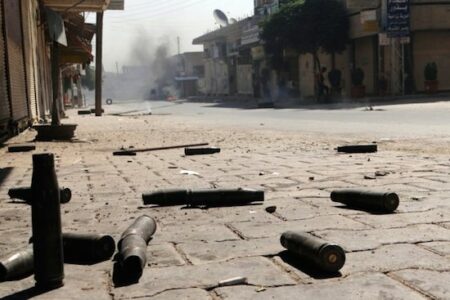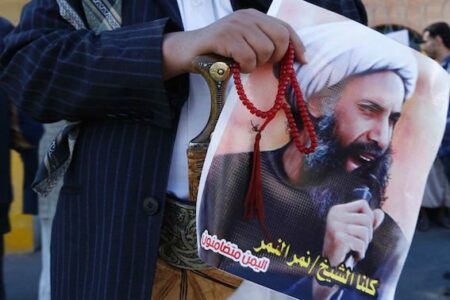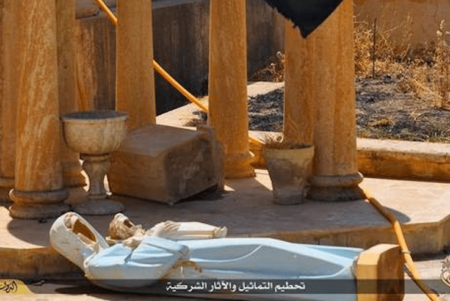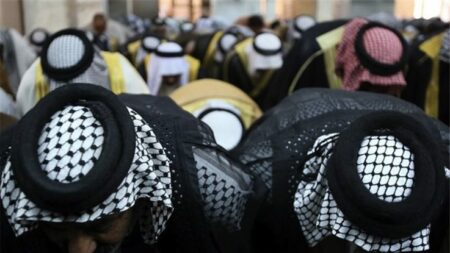As long as the relocation is conducted within the confines of Western Jerusalem, Arabs should recognize it as a normal…
Author: Hassan Mneimneh
The inevitable outcome in Aleppo shows how the Syrian revolution has been betrayed first and foremost by Islamism in all…
The immediate price of such actions may be the further alienation of an important component of Saudi Arabia: its Shiite…
A real national commonwealth demands an authentic national narrative that recognizes the multiplicity of cultural, religious, and social foundations, but…
From Iraq to Lebanon, through Syria, with clear echoes into the Gulf, Yemen, and Egypt, the Arab political and cultural…
Two sharply opposed narratives are today in confrontation in the Arab world, notably in its Eastern flank. The first has…






